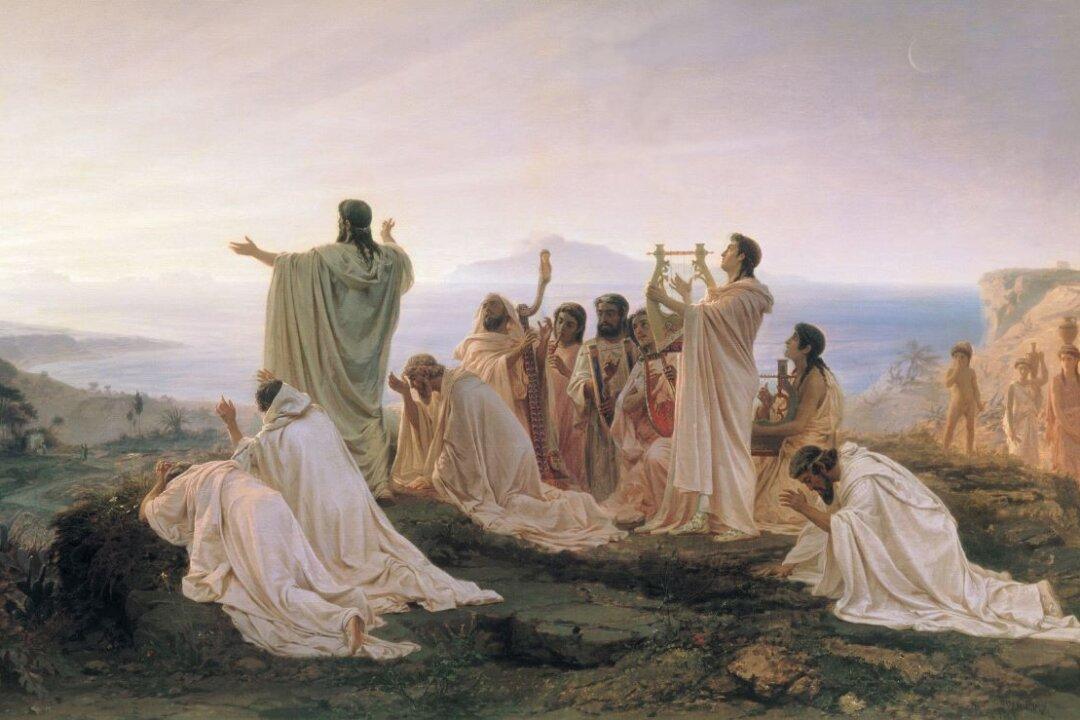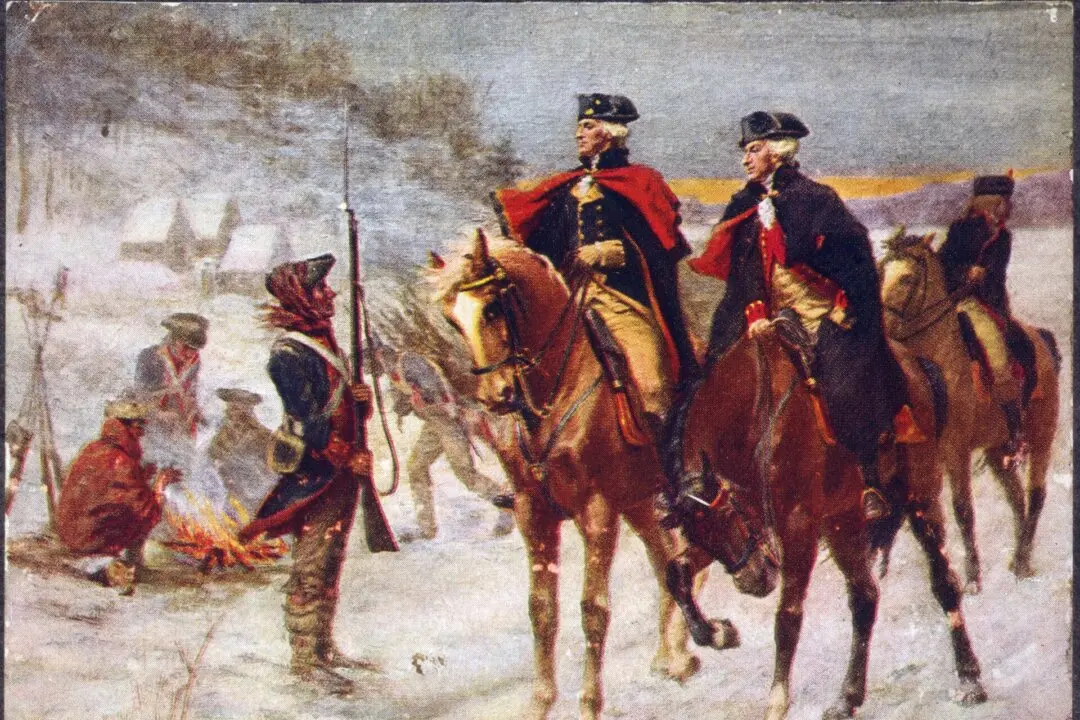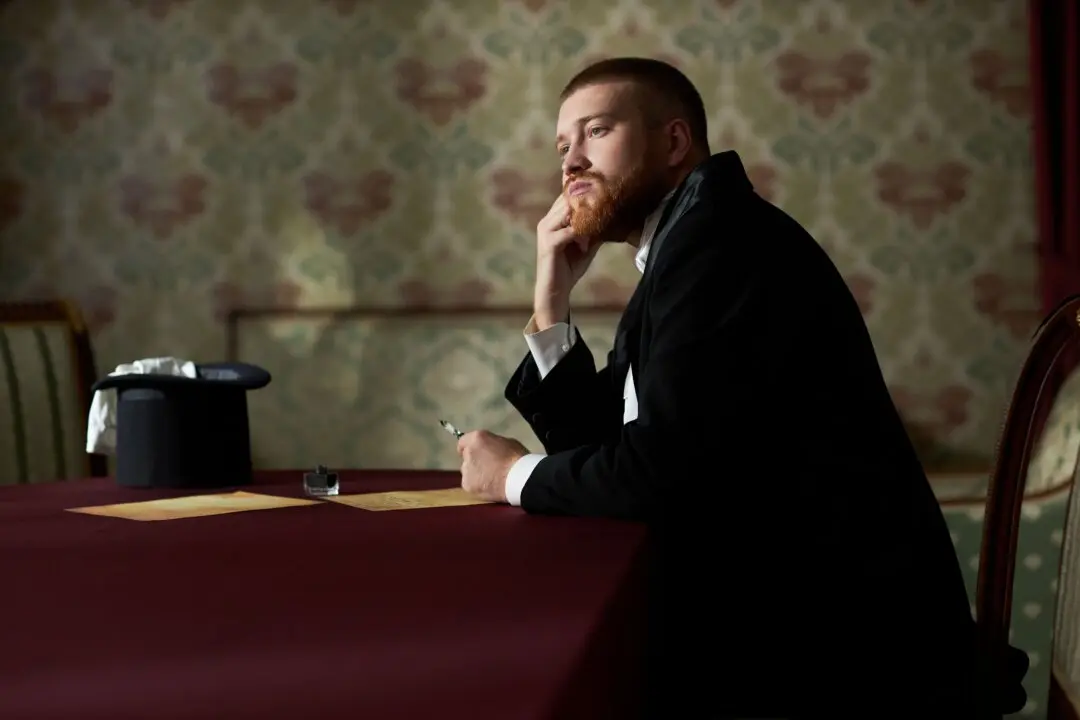“Self-knowledge is the beginning of self-improvement.” Many variations of this simple advice exist today, but this formulation was originally the motto of a 17th-century Jesuit priest named Baltasar Gracián y Morales.
Although not widely known outside of Spain, Gracián does occasionally transcend obscurity. Thirty years ago, Christopher Maurer’s translation of Gracián’s book “The Art of Worldly Wisdom” unexpectedly made The New York Times bestseller list and sold more than 200,000 copies. It consists of 300 wry observations, such as the following:





